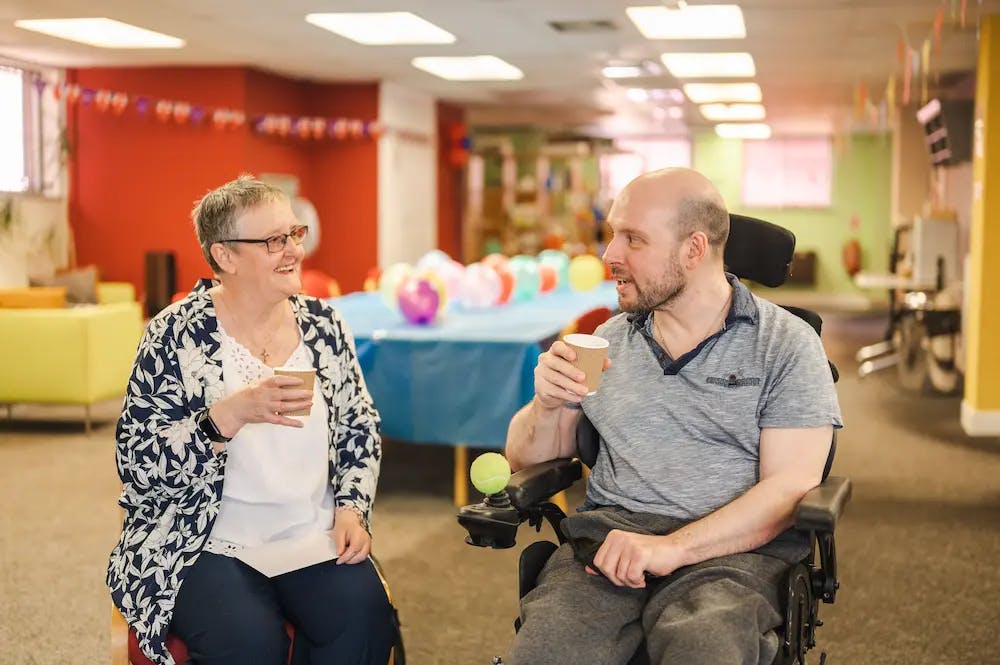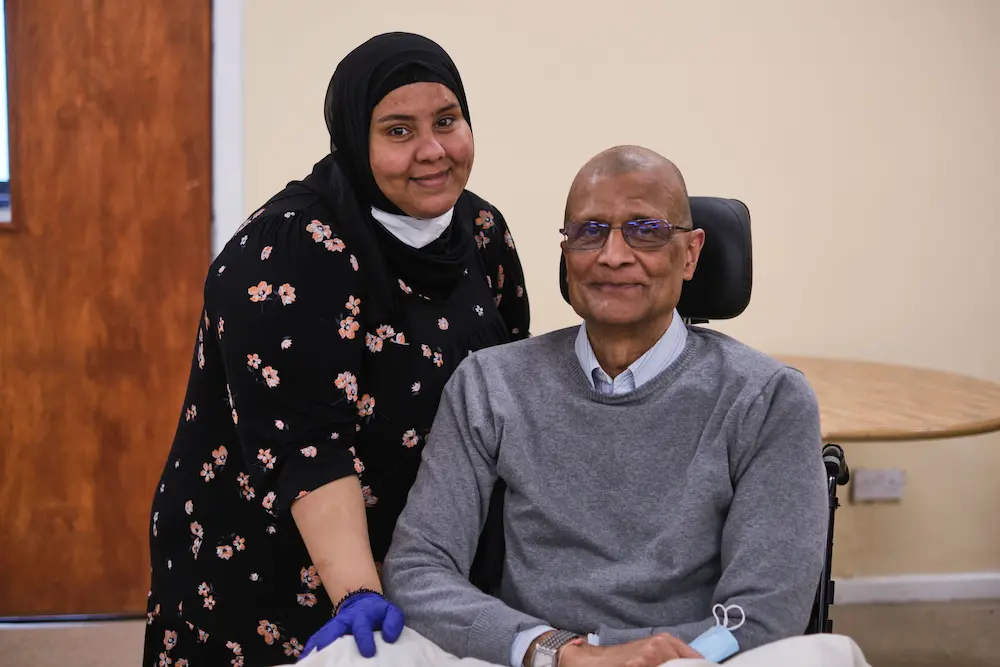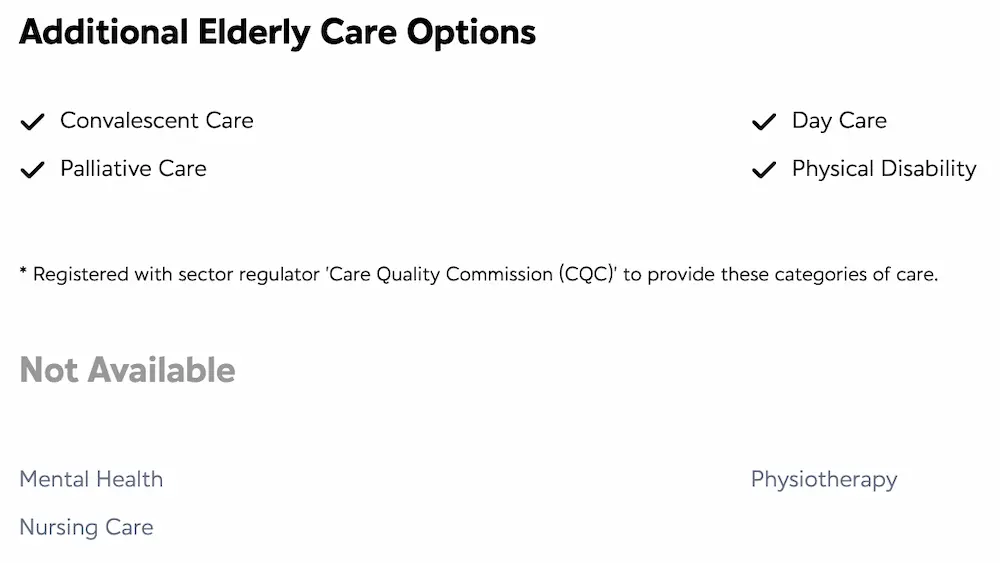Everything You Need to Know About Postoperative Care Services

Estimated Reading Time: 5 minutes
Postoperative care is the care that you or a loved one receive after a surgical procedure. The type of postoperative care that’s required depends on what kind of surgery you’ve had, along with your health history.
In this article, we’ve explained in detail what postoperative care is, the types of postoperative care - including at home and in a hospital - and how to find and arrange postoperative care.
Find a carer you can count on
Connect with home care agencies in your area.
In this article on postoperative care:
- What is postoperative care?
- Postoperative care at home
- Postoperative care in a hospital
- How to arrange postoperative care
- Convalescent care homes
What Is Postoperative Care?
Postoperative care is a form of care given after a surgical procedure. The exact type of postoperative care you receive depends on the type of surgery you’ve had, along with your overall health.
Types of postoperative care include pain management, wound care and day-to-day support at home. Postoperative care begins in the hospital and can then continue once you’ve been discharged and have returned home.
Receiving Postoperative Care at Home
Depending on your circumstances, postoperative care can be mainly carried out at home. This is the case for certain minor procedures that don’t require a hospital stay, also known as outpatient surgery (more on this later).
If you need to stay in the hospital for longer, the beginning of your recovery will take place in this setting before continuing at home.
When leaving the hospital, it’s really important that you follow any instructions from the doctor. Take prescribed medications and keep track of any follow-up appointments. While it’s important not to overdo things, you also shouldn’t completely avoid physical activity (as long as you’ve been given the go-ahead to move around).
Some people receiving postoperative care at home won’t be able to move around for a while after surgery. If this is the case then you may need a caregiver to help tend to wounds, prepare food and look after your hygiene. For instance, your family or friends may care for you through your post-operative care.
Being a carer for a family member - whether that’s full-time or to care for them through post-operative care - can be challenging, so it’s important to look after yourself if you’re a carer, too.

We can help you find the best home carer for you or your loved one’s care needs, including domiciliary (hourly) and live-in carers. Request a free list of home care agencies, and our care experts will match you with suitable carers with availability in your local area.
Receiving Postoperative Care in a Hospital
Once your surgery is complete, you’ll be moved to a recovery room where you’ll likely spend a few hours while you wake up from anaesthesia. It’s perfectly natural to feel groggy and a little nauseous when you wake up.
While in your recovery room, nurses will continue to monitor your health and wellbeing, and once they’re happy with how everything is healing, you can begin your discharge process.
How to Arrange Postoperative Care
Several different care providers offer postoperative care at home. To discuss and arrange post-operative care for yourself or a loved one, be sure to locate one of these providers and enquire about the availability they have.
We’re partnered with the best home care agencies across the UK, including in the following locations:
- South West England
- South East England
- London
- East of England
- West Midlands
- East Midlands
- Yorkshire and the Humber
- North West England
- North East England
- Scotland
Convalescent Care Homes
Convalescent care is a form of temporary care that provides extra support if you’re recovering from an operation or illness. Convalescent care homes provide a range of treatments and support, depending on your needs.
Many convalescent care homes provide delicious meals, take care of daily tasks and will help out with your personal care where needed. Convalescent care homes can also offer physiotherapy and nursing care.
Convalescent care homes will create a care plan and care package for the elderly that focus on regaining independence.
We’re partnered with numerous care homes that provide convalescent care. The image below shows how we display whether or not a care home offers convalescent care on our site:

Here are some of our ‘Outstanding’ rated convalescent care homes - as checked by the Care Quality Commission:
- Shinfield View Care Home in Reading
- Jubilee House Care Home in Godalming
- Sherwood Grange Care Home in London
- Mountfitchet House Care Home in Essex
- Amherst House Care Home in Surrey
We’re on a mission to support individuals and their loved ones throughout each stage of their later living journey. For more information, check out everything Lottie has to offer.




